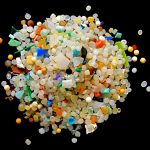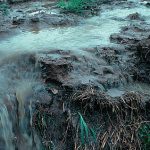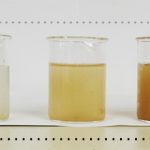Home » Environmental Priorities »
The global population is expanding with each generation. Because of this, human beings are increasing the pressures placed upon the marine environment. Industrial and agricultural advancements have led to an increase in waste products, most of which end up in the world’s oceans. Inland communities are dumping unwanted, dangerous substances into river systems which eventually connect with the coastal environment.
Pollution is a major aspect of conservation in both the terrestrial and the aquatic environment, with increased public concern and awareness especially in recent years. As far back as the early 1960s, campaigns began to emerge fighting for the protection of the seas from pollution.
In 1972, the United Nations (UN) discussed marine pollution as a major global issue and this led to the signing of the London Convention. This convention did not outright ban marine pollutants, but instead created a black list of substances that could no longer be dumped into the oceans. Cyanide and radioactive waste are just two examples of these blacklisted substances (Darwin, 2008).
In 2006 the convention was altered in a “reverse list” manner. Now all member states, including Ireland, rather than prohibiting dumping of specific materials, ban pollutants that do not feature on this new list. This new list includes sewage sludge, organic material in organic forms, industrial fish wastes, and inert geological materials (Krause et al., 2006).
Despite these measures, marine pollution is still a major problem, particularly for coastal areas, and is having a knock-on effect for local communities reliant upon them.
Some of the key issues affecting the coastal, marine systems at the moment include:
 |
 |
 |
| Marine Litter | Hormone Medications | Agricultural Run Off |
 |
 |
|
| Untreated Sewage | Resuspension of Sediments |

